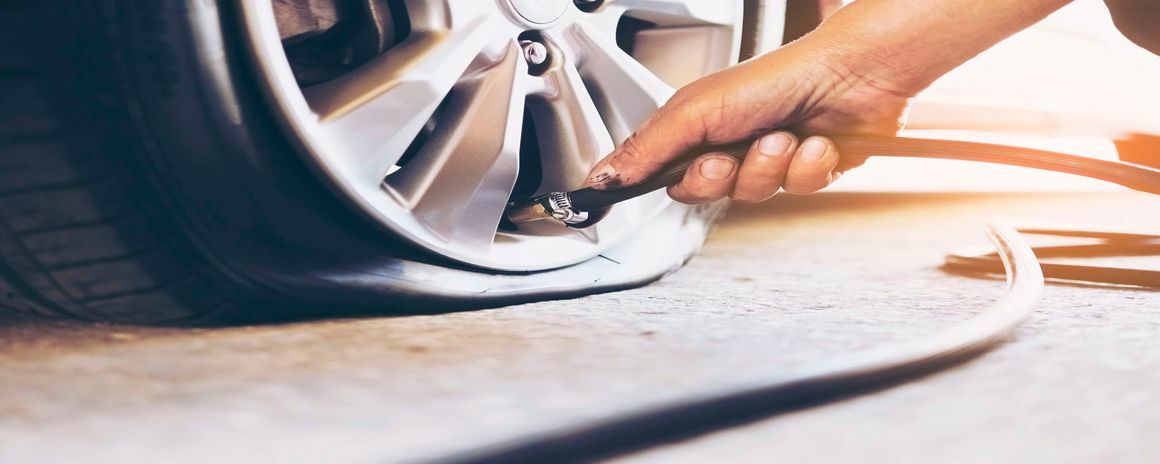You are driving at a moderate speed with your favorite music on. Suddenly, a deafening sound pierces your ears and you stop the car on the side of the road.
Was it a bomb? Or a firearm?
You glance at your side mirror and there lies a car with a flat tire. You take a deep breath and move on being grateful it wasn’t you.
But it could be you, right?
A tire burst isn’t an uncommon thing and can be seen around, especially in the times of summer. It is undoubtedly a horrific experience especially if you are with your family. The sheer sound of a tire burst can be traumatizing let alone the distress that follows.
But why do tires burst and how do you avoid it?
Well, let’s find out!
Common Reasons Why Tire Bursts Occur
High Temperatures:
Tires that are subjected to high temperatures are extremely prone to blowouts. When temperatures rise above a certain threshold, the tires lose their solidity and the air inside begins to expand. Beyond a certain temperature, even minor external forces, such as jolts or bumps, can cause the tire to pop like a balloon. Driving at high speeds, under-inflation, and using tires past their tread limit are some of the conditions that make your tire more susceptible to heat from both the inside and outside.
Low Air Pressure:
Low air pressure is normally one of the main causes of a tire burst, but there is a lot more going on during the summer season than meets the eye. A low-pressure tire combined with extremely hot roads is a recipe for disaster. The tire with low air pressure has more room to flex than the one with proper inflation. A burst would result from this movement heating up the inside of the tire to a point where it would no longer be able to maintain its integrity.
The Bumpy Roads:
There is no doubt that good tires, such as Bridgestone Dueler tyres, can take a lot of stress on the road for longer periods. However, there is always a limit to the pain one can bear. At some point in life, every one of us has driven on bumpy roads, you just can’t avoid that. You may have crossed it comfortably thanks to your suspension taking most of the shocks but your tires felt every one of the bumps. This makes tires prone to wear out and results in possible accidents.
Overloading:
Another factor that can cause a tire burst is overloading combined with low tire pressure. Every tire has a load index that indicates the maximum load it can withstand. If your tires are underinflated and this load index is not followed, you will most likely experience a tire burst. This is common in trucks and commercial transport vehicles that transport heavy loads and overload their trucks. To reduce the risk of a blowout, make sure you are aware of your tire’s maximum load capacity and do not exceed it.
How to Avoid Tire Burst
- Do not fill the air to the highest point in high temperatures since heat makes the air molecules distanced and air pressure rises
- Just like over inflation, underinflation is also one of the most common causes of tire bursts. So make sure to fill the correct amount of air that’s mentioned in the car.
- Make sure to go slowly on bumpy roads to not only avoid tire bursts but also increase the longevity of your tires.
- Find out the maximum loading capacity of your tires and make sure to not overload them.

